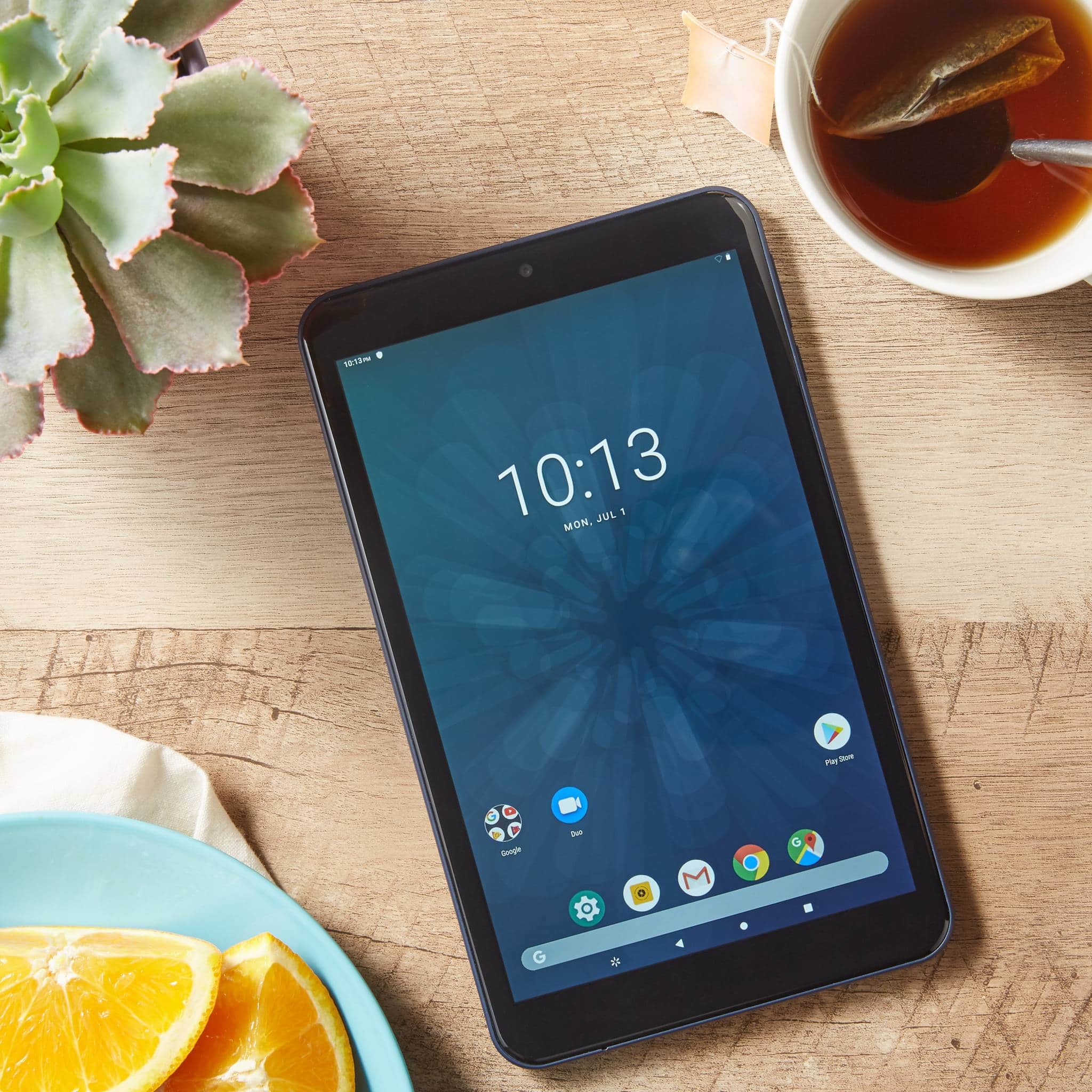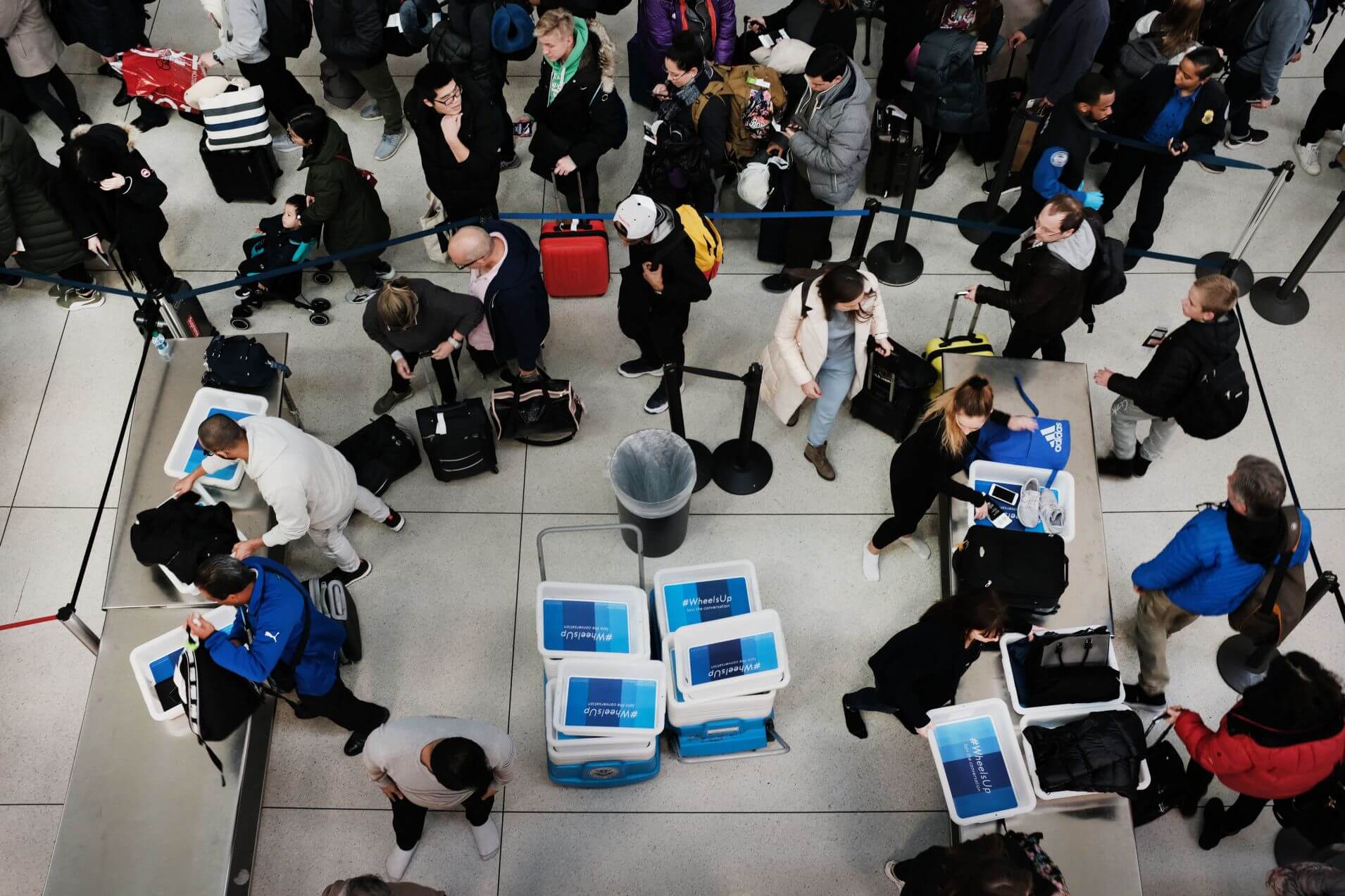Whenever international or domestic travelers enter the USA, the TSA can gain access to your e-reader, smartphone, tablet or laptop, without a warrant. This might come to an end due to new legislation by California congressional Rep. Ted Lieu introduced a new bill, along with similar bill introduced in the Senate) meant to expand the privacy-related rights of Americans at US borders. The new Protecting Data at the Border Act, as it is called, would prevent law enforcement from utilizing “exceptions” for warrantless searches of electronic devices at borders. The bill has managed to gain at least some bipartisan support, with Rand Paul joining Ron Wyden, Jeff Merkley, and Ed Markey in introducing a version of this same bill in the Senate.
Smartphones carry highly personal information such as text messages, photos, web search history and location data. If you don’t want to share your password with the TSA agents, they will basically just take it away from you and send it to their brute force lab to unlock it. When this occurs, it is very unlikely it will ever be returned to the owner. The same goes with e-readers, which have our own private notes and ebooks. I am sure people who are obsessed with Dinosaur Erotica or BDSM will not want random customs agents looking at it and judging.
Even this bill passes, it will be fought in court by the Border Patrol Union and special interests. There are currently 2 different cases involving this making their way through the appeals courts, and the courts have been split on it. Eventually it’s going to take the Supreme Court to make a formal ruling.
Michael Kozlowski is the editor-in-chief at Good e-Reader and has written about audiobooks and e-readers for the past fifteen years. Newspapers and websites such as the CBC, CNET, Engadget, Huffington Post and the New York Times have picked up his articles. He Lives in Vancouver, British Columbia, Canada.

